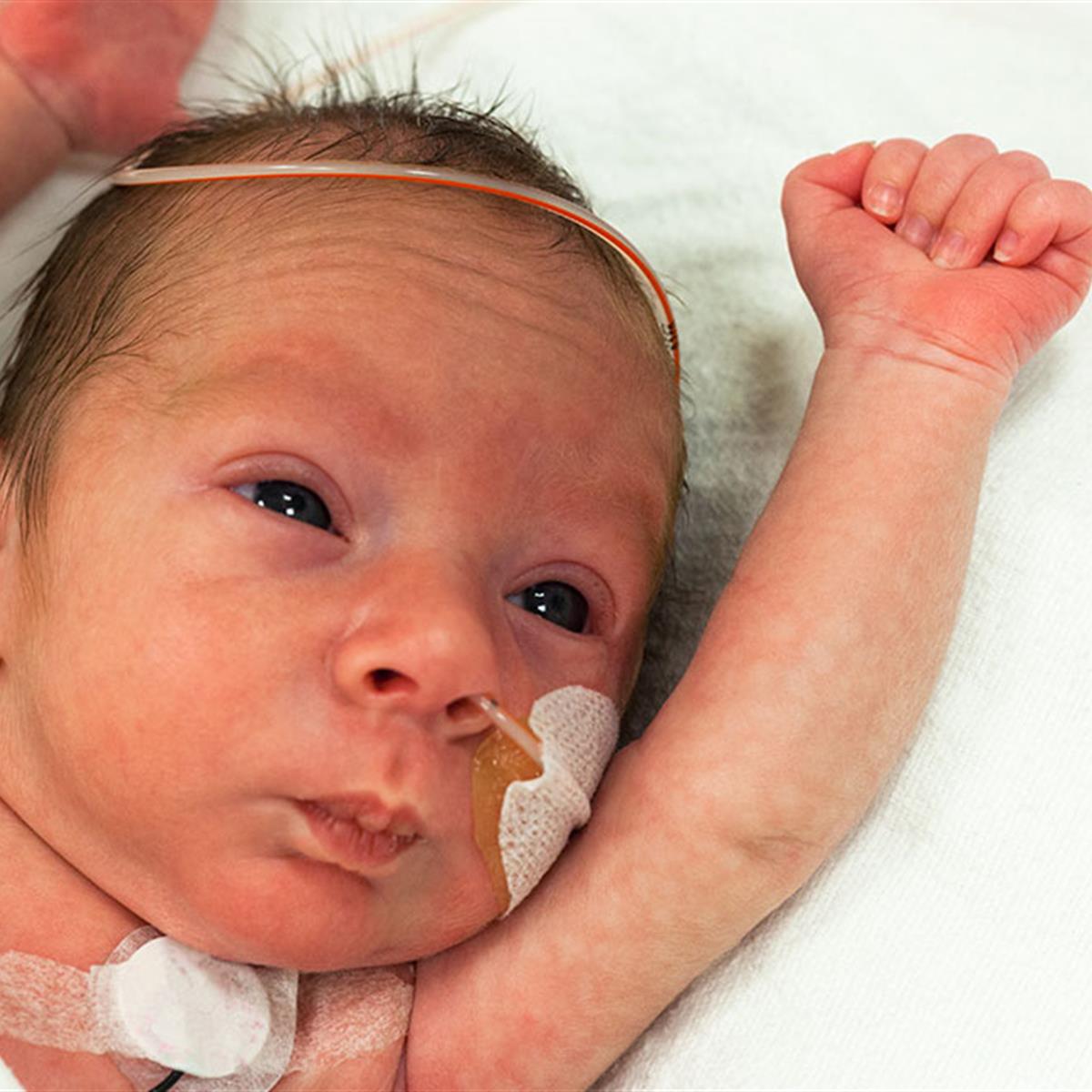 Source: bing.com
Source: bing.comTable of Contents
Introduction
Bringing a premature baby into the world can be a scary experience, but it’s important to remember that with the right care and support, your little one can still thrive. By 8 months old, your premature baby will have reached a significant milestone in their development. Here’s what you can expect.
Gross Motor Skills
At 8 months old, your premature baby will have made significant progress in their gross motor skills. They may be able to sit up by themselves for short periods of time, and may even be able to roll over from tummy to back or back to tummy. They may also be starting to crawl or shuffle along on their belly.It’s important to remember that premature babies may reach these milestones a little later than their full-term counterparts, but with time and patience, they will eventually catch up.
Fine Motor Skills
Your baby’s fine motor skills will also be developing rapidly at this stage. They may be able to reach out and grab objects with their hands, and will enjoy exploring different textures and shapes. They may also be starting to develop a pincer grasp, where they use their thumb and forefinger to pick up small objects.Encouraging your baby to play with different toys and objects can help to develop their fine motor skills and hand-eye coordination.
Communication
By 8 months old, your premature baby will be starting to babble and make sounds. They may be able to say simple words like “mama” or “dada”, although they may not fully understand their meaning yet.It’s important to talk to your baby as much as possible, using simple words and phrases. This will help to encourage their language development and strengthen the bond between you.
Social and Emotional Development
Your baby’s social and emotional development is just as important as their physical development. By 8 months old, your premature baby will be starting to develop strong attachments to you and other caregivers. They may also be starting to show a preference for certain people or toys.Your baby may also be starting to experience separation anxiety, which can be stressful for both them and you. It’s important to reassure your baby that you will always come back, and to give them plenty of love and affection.
Sleep
At 8 months old, your premature baby will likely be sleeping for longer stretches at night, although they may still wake up frequently for feeds. It’s important to establish a consistent bedtime routine to help them settle into a regular sleep pattern.Your baby may also be starting to nap less frequently during the day, although they will still need regular naps to help support their growth and development.
Conclusion
Watching your premature baby grow and develop can be an amazing experience. By 8 months old, they will have reached some significant milestones in their development, but it’s important to remember that every baby develops at their own pace. With love, patience, and support, your premature baby will continue to thrive and flourish.
Frequently Asked Questions
Q: Will my premature baby catch up with their full-term peers?
A: With the right care and support, premature babies can catch up with their full-term peers by the time they reach two years old.
Q: How can I encourage my baby’s development?
A: You can encourage your baby’s development by providing plenty of opportunities for play and exploration, talking to them as much as possible, and establishing a consistent sleep and feeding schedule.
Q: What should I do if I’m concerned about my baby’s development?
A: If you’re concerned about your baby’s development, talk to your pediatrician. They can provide guidance and support, and may refer you to a specialist if necessary.
Q: Is it normal for premature babies to sleep more than full-term babies?
A: Yes, it’s normal for premature babies to sleep more than full-term babies, as they need more rest to support their growth and development.
Q: What can I do to help my baby with separation anxiety?
A: You can help your baby with separation anxiety by establishing a consistent routine, reassuring them that you will always come back, and giving them plenty of love and affection.
